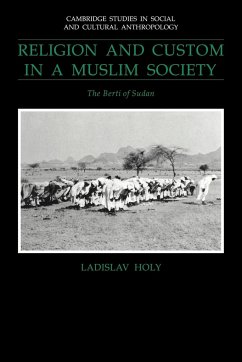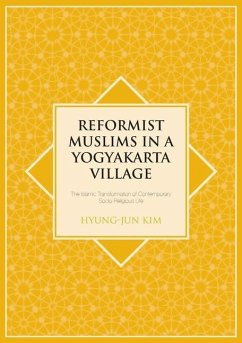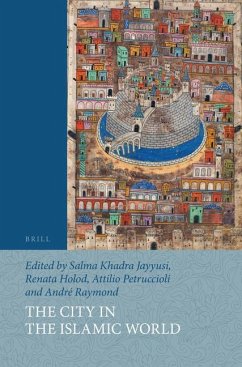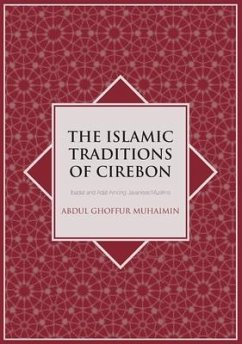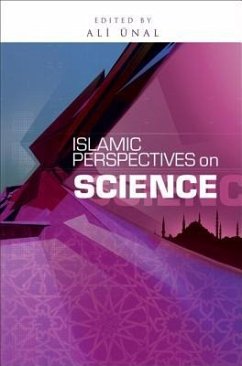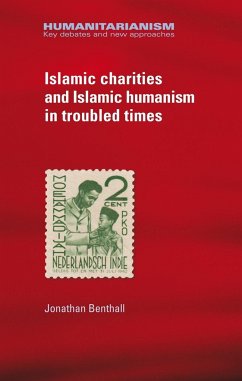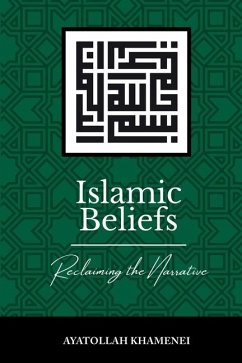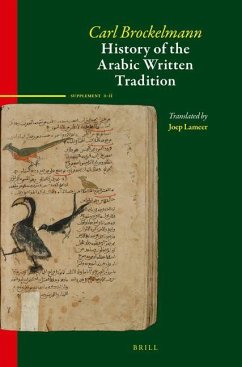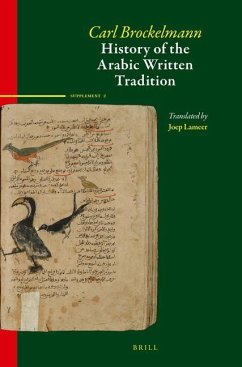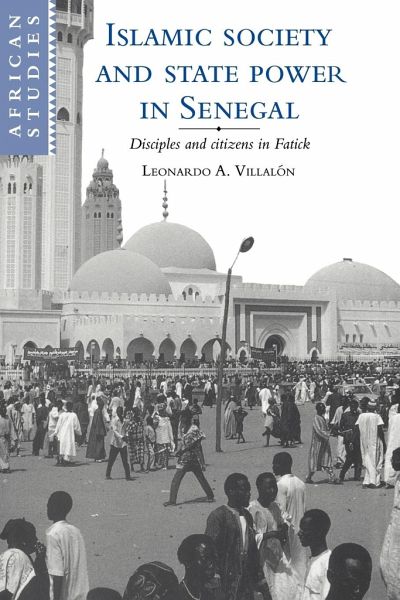
Islamic Society and State Power in Senegal
Disciples and Citizens in Fatick

PAYBACK Punkte
24 °P sammeln!
A study of the stabilizing socio-political role of Muslim Sufi orders in Senegal.The Sufi Muslim orders to which the vast majority of Senegalese belong are the most significant institutions of social organization in the country. While studies of Islam and politics have tended to focus on the destabilizing force of religiously based groups, the author argues that in Senegal the orders have been a central component of a political system that has been among the most stable in Africa. Focusing on a regional administrative centre, he combines a detailed account of grassroots politics with an analys...
A study of the stabilizing socio-political role of Muslim Sufi orders in Senegal.
The Sufi Muslim orders to which the vast majority of Senegalese belong are the most significant institutions of social organization in the country. While studies of Islam and politics have tended to focus on the destabilizing force of religiously based groups, the author argues that in Senegal the orders have been a central component of a political system that has been among the most stable in Africa. Focusing on a regional administrative centre, he combines a detailed account of grassroots politics with an analysis of national and international forces to examine the ways in which the internal dynamics of the orders shape the exercise of power by the Senegalese. This is a major study that should be read by every student of Islam and politics as well as of Africa.
Review quote:
'- the detail of political relationships at a local level has never been as well presented as in this exemplary study, centred on the Serer town of Fatick. A wide and critical reading in the politics of Islam, and on state-society relations in Africa, situate the case study in a clear and well-argued theoretical perspective - Beautifully researched, rich in oral as well as documentary material.' African Affairs
Table of contents:
List of tables; Acknowledgments; A note on spelling; Glossary; Map of Senegal; Introduction: good Africans, good citizens, good Muslims; 1. Islam in the politics of state-society relations; 2. The structure of society: Fatick in the Senegalese context; 3. The state-citizen relationship: struggle over bridges; 4. The marabout-disciple relationship I: foundations of recruiting and following; 5. The marabout-disciple relationship II: the structures of allegiance; 6. The state-marabout relationship: collaboration, conflict and alternatives; 7. Bureaucrats, marabouts and citizen-disciples: how precarious a balance?; Notes; Select bibliography; Index.
The Sufi Muslim orders to which the vast majority of Senegalese belong are the most significant institutions of social organization in the country. While studies of Islam and politics have tended to focus on the destabilizing force of religiously based groups, the author argues that in Senegal the orders have been a central component of a political system that has been among the most stable in Africa. Focusing on a regional administrative centre, he combines a detailed account of grassroots politics with an analysis of national and international forces to examine the ways in which the internal dynamics of the orders shape the exercise of power by the Senegalese. This is a major study that should be read by every student of Islam and politics as well as of Africa.
Review quote:
'- the detail of political relationships at a local level has never been as well presented as in this exemplary study, centred on the Serer town of Fatick. A wide and critical reading in the politics of Islam, and on state-society relations in Africa, situate the case study in a clear and well-argued theoretical perspective - Beautifully researched, rich in oral as well as documentary material.' African Affairs
Table of contents:
List of tables; Acknowledgments; A note on spelling; Glossary; Map of Senegal; Introduction: good Africans, good citizens, good Muslims; 1. Islam in the politics of state-society relations; 2. The structure of society: Fatick in the Senegalese context; 3. The state-citizen relationship: struggle over bridges; 4. The marabout-disciple relationship I: foundations of recruiting and following; 5. The marabout-disciple relationship II: the structures of allegiance; 6. The state-marabout relationship: collaboration, conflict and alternatives; 7. Bureaucrats, marabouts and citizen-disciples: how precarious a balance?; Notes; Select bibliography; Index.





